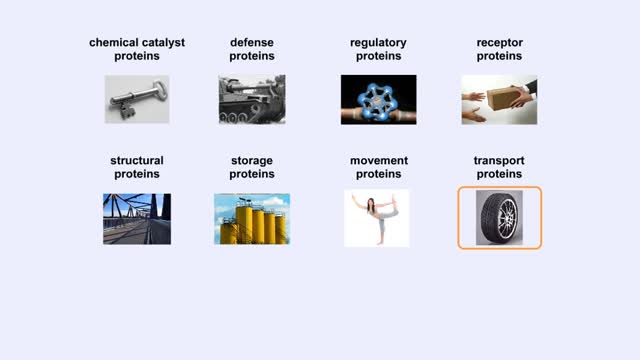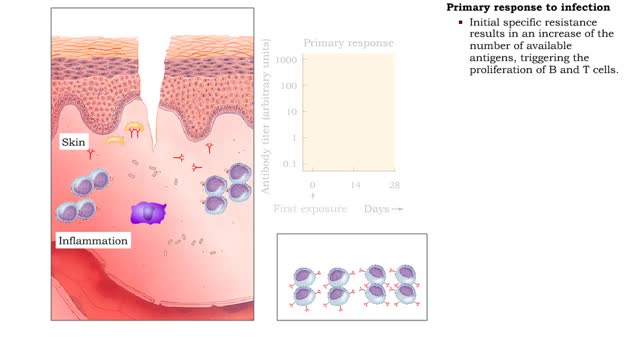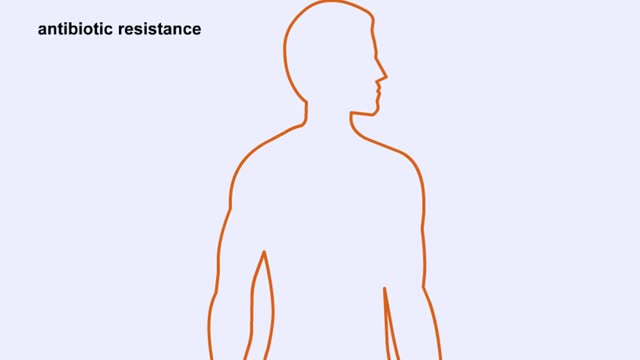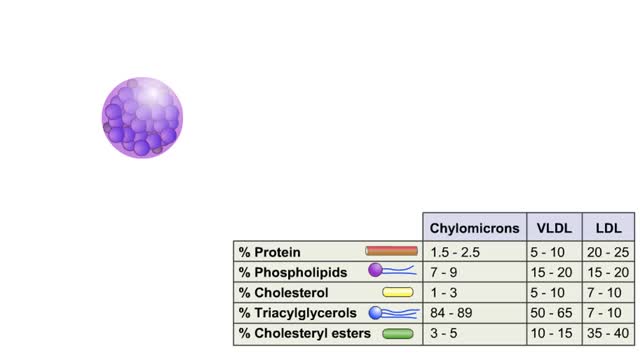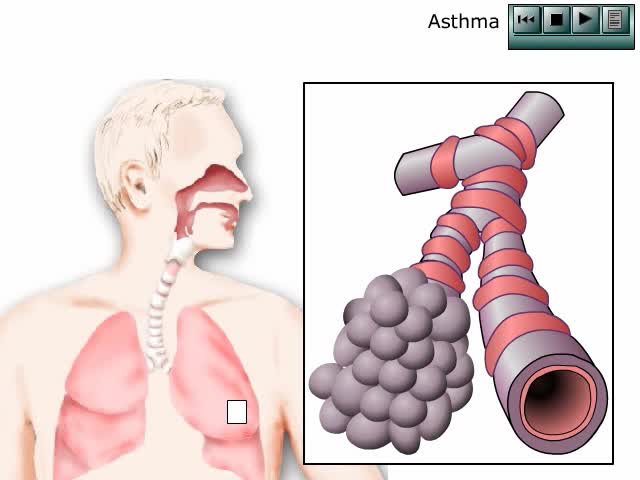Search Results
Results for: 'Types of disease resistance'
By: Administrator, Views: 14635
Chronic kidney disease (CKD) is the presence of kidney damage, or a decreased level of kidney function, for a period of three months or more. Kidney disease can range from mild to severe and in some cases, lead to kidney failure.
How proteins function? How do proteins work?
By: HWC, Views: 11398
How proteins function is really about how proteins "do work" in cells. How do proteins work? Let's start thinking about protein function by looking at something important to you: your hair. Keratin is a structural protein that is composed of 2 intertwined or helical strands. Keratin is also f...
Primary and secondary response to infection
By: HWC, Views: 11542
• Pathogens enter the body by penetrating the non-specific barriers in the skin and mucus membranes. • Pathogens first encounter macrophages and natural killer cells that carry out phagocytosis and cytolysis respectively. • A pathogen's first encounter with the immune system can promo...
Natural Selection, Species Isolation and Real World Example
By: HWC, Views: 11179
`Natural selection' is the process in which organisms with adaptive traits survive and breed in greater number than organisms without such traits. Eventually, almost all of the individuals in the population will have the same adaptive trait. This was the concept presented by Charles Darwin in ...
By: Administrator, Views: 410
Gonorrhea, colloquially known as the clap, is a sexually transmitted infection (STI) caused by the bacterium Neisseria gonorrhoeae. Infection may involve the genitals, mouth, or rectum. Infected men may experience pain or burning with urination, discharge from the penis, or testicular pain. Infec...
Gastroesophageal Reflux Disease (GERD)
By: Administrator, Views: 14678
Gastroesophageal reflux disease, or GERD, is a digestive disorder that affects the lower esophageal sphincter (LES), the ring of muscle between the esophagus and stomach. Many people, including pregnant women, suffer from heartburn or acid indigestion caused by GERD.
By: HWC, Views: 11000
LDL comprises 60–70% of total blood lipoproteins and is responsible for carrying cholesterol particles throughout your body. Having a lot of cholesterol carried by LDL lipoproteins is associated with an increased risk of heart disease. In fact, the higher the level, the greater the risk. ...
By: Administrator, Views: 14811
Spirometry is a common test used to assess how well your lungs work by measuring how much air you inhale, how much you exhale and how quickly you exhale. Spirometry is used to diagnose asthma, chronic obstructive pulmonary disease (COPD) and other conditions that affect breathing
By: Administrator, Views: 14746
Asthma is a common chronic disease worldwide and affects approximately 26 million persons in the United States. It is the most common chronic disease in childhood, affecting an estimated 7 million children. The pathophysiology of asthma is complex and involves airway inflammation, intermittent ai...
Advertisement




